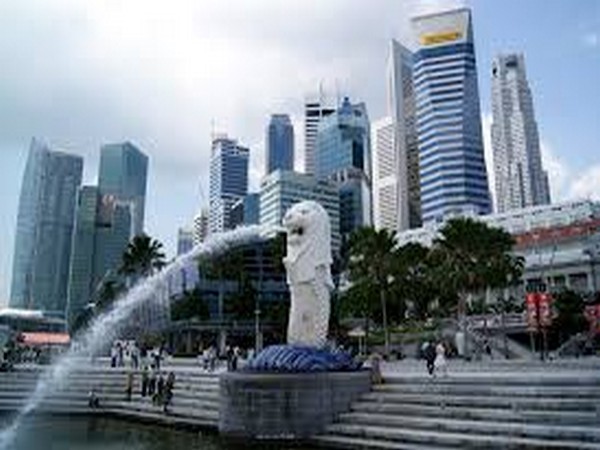COVID-19: Singapore considering tighter restrictions during Chinese New Year

- Country:
- Singapore
Singapore may introduce new restrictions and safeguards against COVID-19 ahead of the Chinese New Year period when large community intermingling is expected, a media report on Thursday quoted the co-chair of the country's coronavirus multi-ministry task force as saying.
Lawrence Wong , who is also Singapore's Education Minister, said the restrictions are being planned as the number of community cases has been “creeping up”.
He said that clusters were detected for the first time “in quite a long while'', which could have been due to the high number of interactions during the end-of-year festivities, reported Channel News Asia.
The week-long Chinese New Year (Lunar) festival will begin on February 12. Responding to a question on possible rules for the traditional Chinese New Year visits among Chinese-origin families, Wong said: “There will be potentially a lot more intermingling, a lot more interaction, as has happened over the end of the year (2020) festive period. Therefore, we are considering now whether or not there might be additional restrictions and safeguards that might be necessary to keep infections under control.'' The minister said the details of the measures were being studied, and would be made public when they were ready.
People of Chinese-origin account for over 76 per cent of the 5.7 million population in the multi-racial island nation. The rest are Malays (15 per cent) and Indians (7.6 per cent). Singapore reported four community (local) cases and 34 imported infections on Thursday.
Wong linked the rise in community (local) cases to the year-end celebrations, and said authorities were concerned that if “we don’t do something more”, the gradual rise in cases could create new clusters that are beyond control later.
He also emphasised that the measures against the virus were “never static”, with the possibility of being changed even during phase 3 of reopening.
“We can tighten and we can relax (rules), but it has to be based on the environment and situation. We are continuously monitoring it and making adjustments as and when necessary,” Wong said.
Wong also added that one potential vulnerability Singapore faces is a sense of complacency among the population.
Though there is “an end in sight”, Wong is not expecting “major changes” in the current way of life for the next one or one-and-a-half years.
“Even if the majority of people in Singapore are to be vaccinated, it’s impossible for the rest of the world to be vaccinated (in this period),” the Channel quoted Wong as saying.
“Over a four-year time frame … surely no pandemic is forever. Either the world gets vaccinated and achieves herd immunity, or the virus attenuates,” he added.
But it would be even harder to predict what the world and its norms will look like beyond that time frame, he said. Meanwhile, Singapore has strengthened its border control measures to manage the growing risk of imported COVID-19 cases. All travellers will have to undertake COVID-19 testing on arrival in Singapore.
In line with this safeguard, with effect from January 22, 2021, Antigen Rapid Test at the Singapore Tuas and Woodlands checkpoints (on borders with Peninsular Malaysia) will be progressively rolled out for cargo drivers and accompanying personnel entering Singapore.
Tested drivers and personnel with a negative result may proceed to enter Singapore.
Singapore has recorded 59,235 COVID-19 cases as of Thursday, while 29 people have died related to the disease. In all, 58,926 people have fully recovered from the infection and have been discharged from hospitals or community care facilities as of Wednesday, said the Health Ministry.
(This story has not been edited by Devdiscourse staff and is auto-generated from a syndicated feed.)
ALSO READ
Treasury secretary heads to China to talk trade, anti-money laundering and Chinese 'overproduction'
Treasury secretary heads to China to talk trade, anti-money laundering and Chinese ''overproduction''
US treasury secretary is in China to talk trade, anti-money laundering and Chinese 'overproduction'
Pakistan will take all measures for Chinese nationals' security: Prez Zardari
EXCLUSIVE-Targeting Chinese chips, US to push Dutch on ASML service contracts










